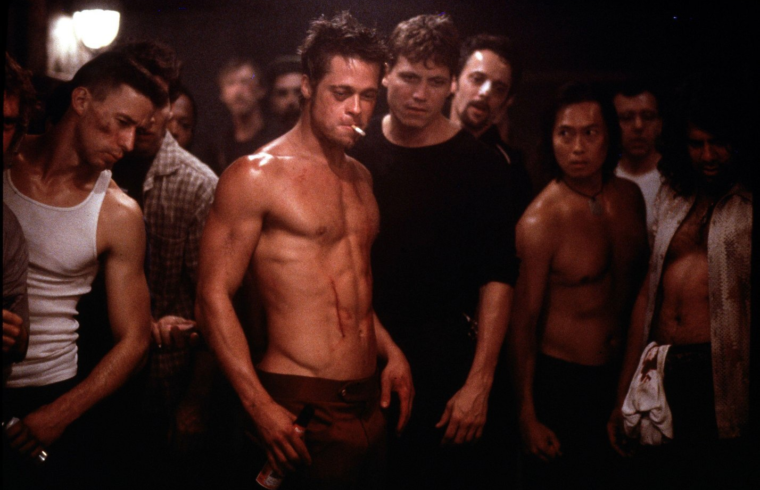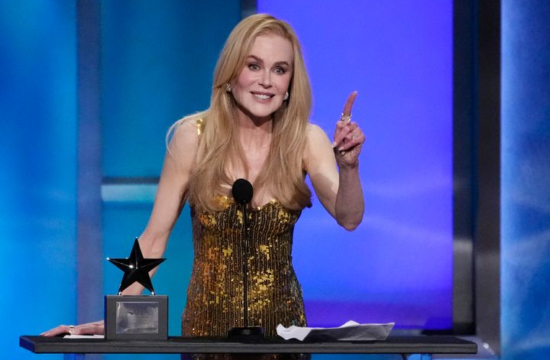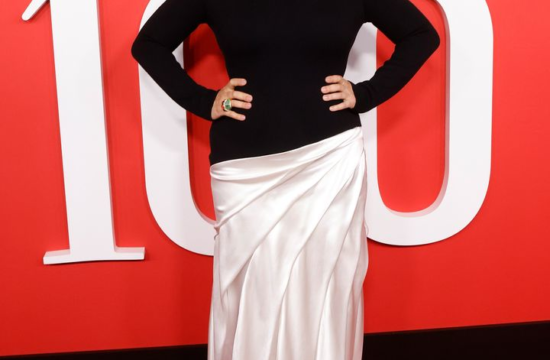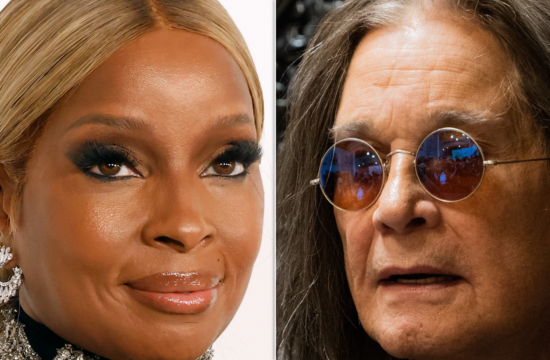
Fight Club Director David Fincher Doesnt Get Its Far-Right Fan Base Either
Director David Fincher can’t understand how “Fight Club” turned into one of the far-right’s favorite films.
Fincher didn’t have an explanation when asked why fringe groups full of disaffected young men have embraced the movie and its anti-hero, who was played by Brad Pitt in the 1999 film based on Chuck Palahniuk’s 1996 novel.
“It’s impossible for me to imagine that people don’t understand that Tyler Durden (Pitt) is a negative influence,” he told The Guardian. “People who can’t understand that, I don’t know how to respond and I don’t know how to help them.”

In the movie, a jaded office worker (played by Edward Norton) teams up with chaos agent Durden to form a bare-knuckles boxing club. The group quickly devolves into an anarchist cult, set to upend society with some domestic terrorism.
Though some see “Fight Club” as a response to rampant violence and toxic masculinity, many sects of the extreme right took it as a rallying cry for disenfranchised young men.
“Fight Club” has influenced an array of extremists, ranging from sex-entitled online “incels” to the avowed “Western chauvinists” The Proud Boys and the followers of pro-misogyny influencer Andrew Tate.
Though Fincher reluctantly acknowledged this fan base, he told The Guardian, “I’m not responsible for how people interpret things. Language evolves. Symbols evolve.”
“We didn’t make it for them, but people will see what they’re going to see in a Norman Rockwell painting, or [Picasso’s] ‘Guernica.’”










